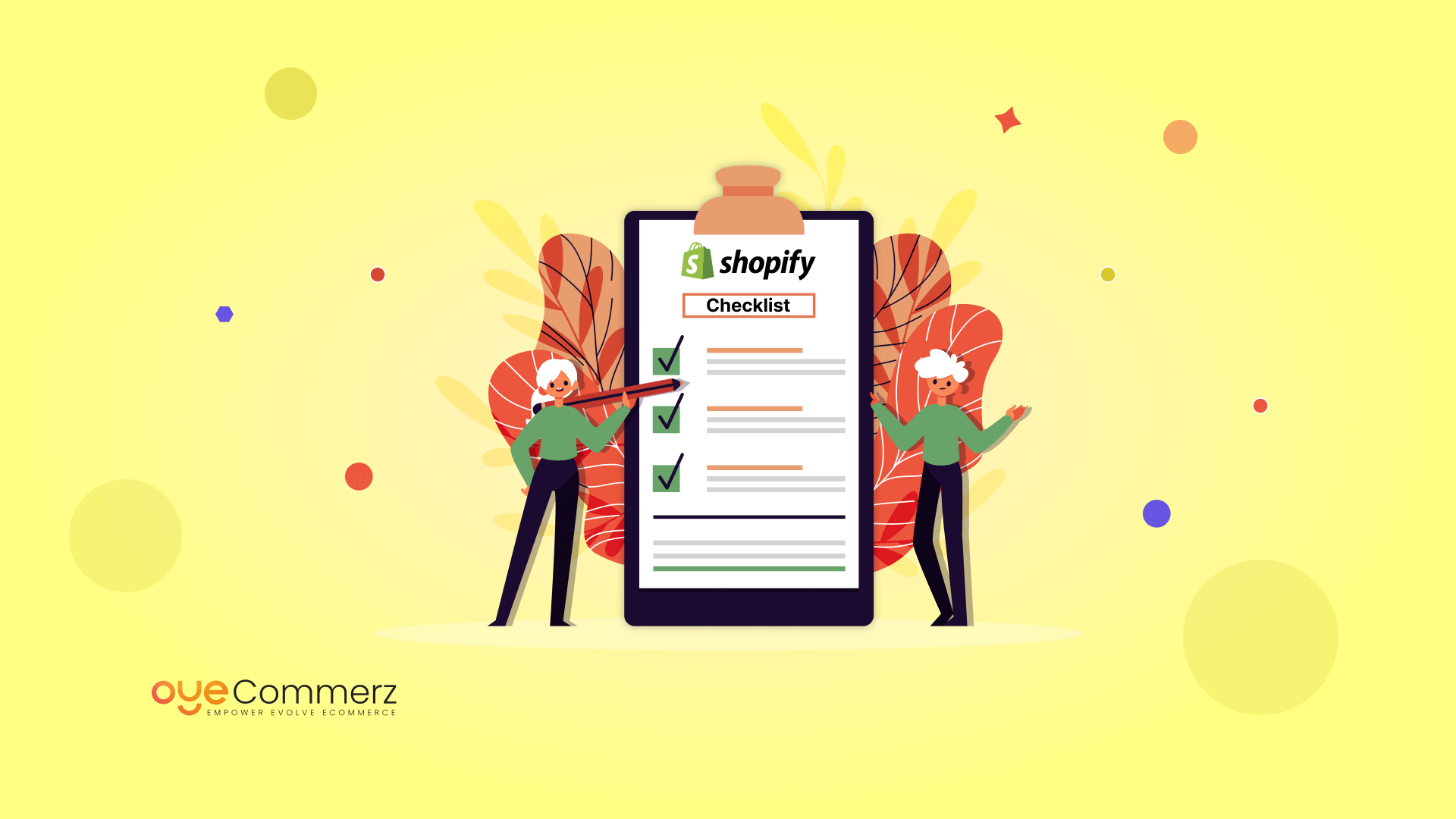Introduction
In today’s competitive e-commerce environment, differentiating is paramount, and one of the best ways to set apart a Shopify store is through tailored app development. A robust Shopify app can enhance store capabilities, streamline operations, and boost customer engagement. This guide delves into key elements of Shopify app development, from API integration to growth techniques and promotion methods, offering a roadmap for businesses seeking unmatched store efficiency.
Why Shopify API Integration Matters
Shopify’s API offers robust tools to personalize and expand store functionalities. With GraphQL and REST APIs, developers can access data to build applications that handle inventory management, order handling, and customer data management smoothly. Integrating Shopify’s API can enable improved workflow automation and enables stores to serve customers more efficiently.
Utilizing the Polaris Design System
Polaris is Shopify's set of design guidelines for designing intuitive and accessible Shopify apps. By adhering to Polaris guidelines, developers guarantee that apps seamlessly integrate within the Shopify Admin experience. This provides a cohesive appearance that appeals to Shopify merchants, encouraging ease of use and familiarity for merchants using your custom app.
Understanding the Shopify App Ecosystem
The Shopify app ecosystem offers endless possibilities for enhancing e-commerce sites. From handling order fulfillment to boosting customer interaction, apps in this environment are designed to meet diverse business requirements. Learning about this ecosystem helps developers in finding unique app opportunities and allows for smooth connections of third-party services that add value to the store.
Building Embedded Shopify Apps
Embedded apps work seamlessly within the Shopify Admin, allowing a seamless experience for merchants. They ensure that merchants do not need to navigate away from their Shopify control panel, simplifying their process. Using Shopify App Bridge and embedded app capabilities is a best practice for providing a cohesive, well-integrated user environment.
Using Node.js and React for Shopify Apps
Node.js Customizing Shopify with embedded apps and React have emerged as ideal tools for Shopify app development. Node.js enables high-performance server-side applications, while React allows for interactive and adaptive front-end user interfaces. Together, they provide an strong platform for creating speedy, growth-ready Shopify apps that improve store functionality and customer engagement.
Webhooks in Shopify Apps
Webhooks allow real-time data synchronization between Shopify and an outside application. They initiate events such as order creation or inventory updates and send instant alerts to your app. By utilizing webhooks, apps can deliver real-time insights for store owners, simplifying processes and increasing efficiency.
Engaging Customers Through Digital Marketing for Shopify Apps
To ensure Shopify app success, connecting with users is crucial. Using digital marketing strategies like SEO, email marketing, and social media campaigns can drive app adoption. Additionally, designing apps with customer interaction as a focus (e.g., loyalty programs or personalized suggestions) boosts user retention and satisfaction.
Scaling Your Shopify App
As e-commerce stores expand, so do their technological needs. Ensuring that your app can manage higher usage, larger data sets, and more complex functionalities is essential. By optimizing server capacity and implementing scalable solutions, you can develop apps that expand in parallel to a store’s success.
Important Features and Maintenance Tips for Shopify Apps
For an app to be effective, it should offer key capabilities like user authentication, dashboard analytics, and support channels. Ongoing app upkeep, with updates to fix bugs and ensuring compatibility with new Shopify functionalities, is important to ensure continuous operation and prevent disruptions to business processes.
Summary
Custom Shopify app development holds vast potential Shopify apps by Oyecommerz for e-commerce stores, providing the chance to enhance store functionality, simplify operations, and foster customer loyalty. With API integrations and Node.js to focusing on scalability and customer interaction, building a Shopify app involves careful planning and well-planned actions. If you’re prepared to elevate your e-commerce experience, a custom Shopify app may be the ideal choice. What features do you see for your dream application? Share your thoughts and take the first step toward an optimized e-commerce journey!
